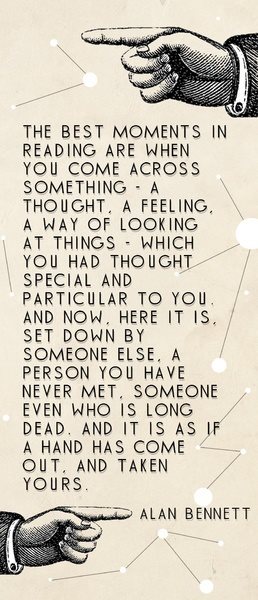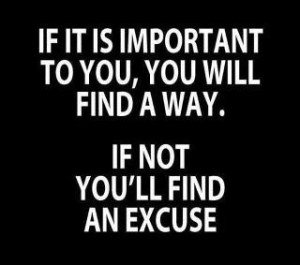
Memorial Day for many means a day off of work or school, backyard barbeques with friends and summer just around the corner. It is all of those things, but this annual federal holiday means so much more, too.
Memorial Day is a day of remembering. A day to remember the men and women who died while serving in the US Armed Forces. It was formerly known as Decoration Day, which originated after the American Civil War to commemorate the Union and Confederate soldiers who died in the Civil War. By the 20th century, Memorial Day had been extended to honor all Americans who have died while in the military service.
Yesterday, while driving past a cemetery packed with people placing flags into the ground near headstones, I explained to my two boys (aged 8 and 5) the meaning of Memorial Day. We talked about their relatives and friends (some distant and some immediate) who served or serve in the armed forces. We talked about war—and the shades of grey which color our government’s decisions regarding our freedom and our country’s role in the world.
As my little guys processed this complicated information, I was reminded of a conversation with my oldest. His elementary school annually participates in the One School One Book program. The book for 2012 was Because of Winn-Dixie by Kate DiCamillo. This book is beautifully written and deals with complicated subjects like divorce, alcoholism and war. It was a mature book for my first grader to process, but it provided excellent fodder for family conversations about our world.
In the book, the main character, Opal, befriends the town’s librarian who shares great stories about her past, including a tale about her great-grandfather, whose family members died while he fought for the South in the Civil War. Grief-stricken after his return from battle, he decided he wanted to live the remainder of his life filled with sweetness. Thus, he invented Littmus Lozenge candies that tasted like a combination of root beer and strawberry with a secret ingredient mixed in—sorrow—which makes anyone who tastes it taste sorrow.
I will never forget my seven-year old staring up at me with big eyes and saying, “That’s how I feel, Mommy.”
“What do you mean?” I asked.
“When you explained war to us. And when you were talking about the hard decisions that the President has to make. I felt like I was eating those lozenges. I tasted sorrow when you talked about that.”
Wow! From the mouths of babes, right? This, my friends, is the power of literature. It is why I read and why I write.
Saturday’s post contained a quote by English playwright and screenwriter, Alan Bennett.
The best moments in reading are when you come across something—a thought, a feeling, a way of looking at things—which you had thought special and particular to you. And now, here it is. Set down by someone else. A person you have never met, someone even who is long dead. And it is as if a hand has come out, and taken yours.
This was the case for my son. Across miles and pages, Kate DiCamillo had taken his hand. Yesterday as he sat with his face pushed against the car window watching those people adorn the cemetery with flags, he was sucking on one of those Littmus Lozenges again. He didn’t say anything, just nodded and listened. But I could tell that Memorial Day was a palpable concept for him. Thanks to Kate DiCamillo, my son could taste the sweet and the sorrow. Thanks to great writing, he could put words to his complicated emotions.
So while I’m cranking out my own words this morning and then enjoying some laughs at our neighborhood cookout, I’ll be sucking on one of those lozenges too. And I’ll have Kate DiCamillo and thousands of other writers to thank for helping me find the words to describe life’s complicated emotions. Happy Memorial Day to you. I hope you taste the sweet and the sorrow.





















































































